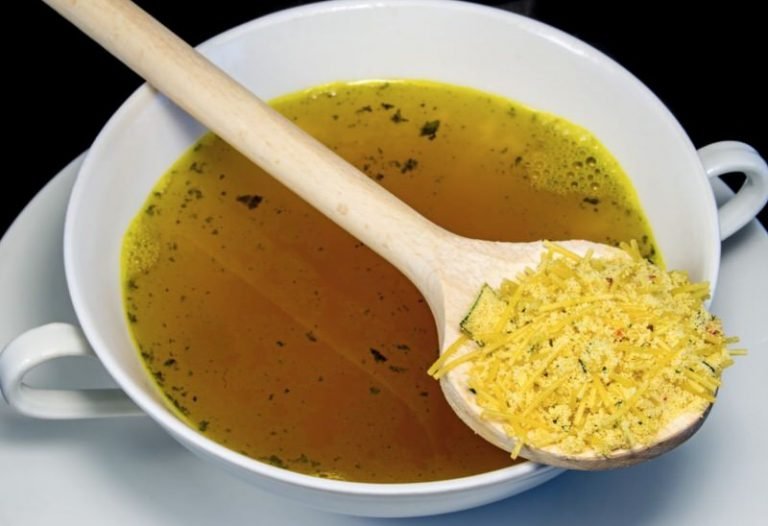Vegetarianism and veganism are two different types of diet, while vegans in turn follow their own lifestyle. Knowing their differences will help you figure out what they are.

Although meat is a recommended food within a varied and balanced diet, more and more people choose to be a free diet of this type of food, either those that come directly from the meat itself, or those that are of animal origin (such as milk, eggs and butter). In fact, we can pay attention to what are the different benefits of meat, to realize its different qualities and nutritional properties: it is very rich in proteins of high biological value -that is, of good quality-, it provides vitamins of group B and it is also rich in minerals such as iron, phosphorus, potassium, magnesium, and calcium.
However, this nutritional decision to give up meat is in a certain way contrasted with another real trend that we find in certain Western countries, in which the consumption of meat even exceeds what is nutritionally recommended. In this sense, and discovering a little more about how much meat to eat per day and per week , many nutritionists advise not to exceed 210 grams of red meat per week, and two servings of white meat per week.
Returning again to the subject at hand, when a person chooses to eliminate meat products from their diet, and prefers only to consume foods of plant origin, we are mainly faced with a certain number of different types of diets, which will differ depending on the foods or groups of foods that are consumed and those that are not.
What is vegetarianism?
The vegetarian is a type of feed consisting eliminating meat, and in some cases can be chosen by the consumption of food of animal origin (such as milk and eggs, and also of other origin animal as the butter or gelatin), or its complete elimination.
That is to say, it is a regime or diet whose meal plan is fundamentally vegetable: plants, vegetables, fruits, legumes, whole grains, seeds and nuts.
Within a vegetarian diet we can also find other types of vegetarian diets:
- Strict vegetarian: diet consisting solely and exclusively in plant-based foods.
- Lacto-vegetarian: diet consisting of plant foods, in addition to some or all dairy products (milk, yogurt, butter …).
- Lactoovovegetarian: diet consisting of plant foods, in addition to dairy products and eggs.
- Partial vegetarian (or semi-vegetarian) : diet consisting of plant foods, which in turn can include fish or chicken – that is, red meat is eliminated -, eggs and dairy products.
What is veganism?
We could say that veganism is not only about a diet or food option of exclusively plant origin, it is also a lifestyle, which is based on respect for animals, considering them as individuals with interests that deserve to be respected. In other words, it is a healthier and more respectful type of life with both animals and Nature.
In addition, this respect is not only unique in the diet that is followed, but it also tends to avoid dressing or wearing clothing of animal origin.































